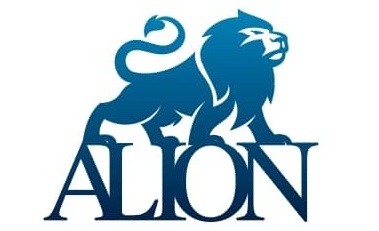DEVELOPMENT FORUM OF SLOVENIAN ISTRIA 2022
Date: 25th October 2022
Location: Former Minorite Monastery of Saint Francis of Assisi, Koper, Slovenia
Organizer: Finance and Business Academy
Alion Institute Representative: Tyasha Alion, Bojan Mavric
Location: Former Minorite Monastery of Saint Francis of Assisi, Koper, Slovenia
Organizer: Finance and Business Academy
Alion Institute Representative: Tyasha Alion, Bojan Mavric
The forum took place in the restored Former Minorite Monastery of Saint Francis of Assisi, a 13th-century structure featuring original architectural elements, including decorative arches and frescoes. Established by the Franciscan order, the monastery aligns with themes of environmental protection and serves as a venue for ceremonial events, preserving a legacy of harmony with nature.
Tyasha Alion represented the Alion Institute's comprehensive approach to environmental protection, demonstrating expertise spanning water resource management, animal welfare protocols, and wildlife conservation technology. Her multifaceted consultations illustrated the Institute's commitment to addressing interconnected environmental challenges through systematic engagement with regional authorities and industry leaders.
The forum emphasized the crucial importance of safeguarding natural ecosystems, water resources, and wildlife as essential components of sustainable regional development.
Tyasha Alion represented the Alion Institute's comprehensive approach to environmental protection, demonstrating expertise spanning water resource management, animal welfare protocols, and wildlife conservation technology. Her multifaceted consultations illustrated the Institute's commitment to addressing interconnected environmental challenges through systematic engagement with regional authorities and industry leaders.
The forum emphasized the crucial importance of safeguarding natural ecosystems, water resources, and wildlife as essential components of sustainable regional development.
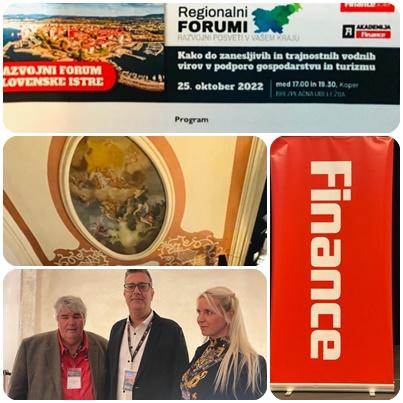
Forum Theme and Environmental Focus
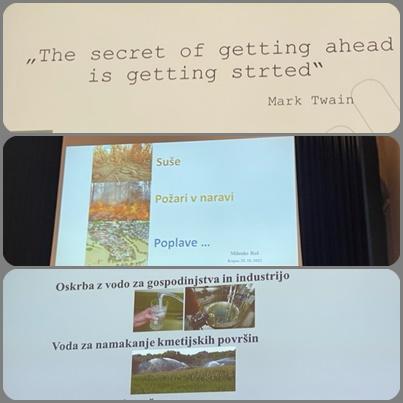
The regional forum addressed critical environmental challenges, including water resource management, wildfire prevention, drought mitigation, flood control, and sustainable tourism development in the Slovenian Istria region. The discussions highlighted that environmental protection requires integrated approaches combining legal frameworks, technological innovation, and collaborative governance.
Our ancestors demonstrated a deep understanding of natural resource stewardship by prioritizing ecosystem harmony over short-term gains. Traditional Slovenian practices in water management, forest conservation, and agriculture demonstrate this interconnectedness, underscoring the importance of sustainable use. The monastery embodies this wisdom, as Saint Francis of Assisi's teachings emphasized respect for all creation, influencing European environmental consciousness and conservation ethics for centuries.
The forum experience demonstrates that adequate environmental protection requires the synthesis of traditional wisdom, contemporary science, technological innovation, and collaborative governance. Tyasha's engagement pattern illustrates how dedicated advocates can bridge multiple domains to advance comprehensive environmental stewardship.
Our ancestors demonstrated a deep understanding of natural resource stewardship by prioritizing ecosystem harmony over short-term gains. Traditional Slovenian practices in water management, forest conservation, and agriculture demonstrate this interconnectedness, underscoring the importance of sustainable use. The monastery embodies this wisdom, as Saint Francis of Assisi's teachings emphasized respect for all creation, influencing European environmental consciousness and conservation ethics for centuries.
The forum experience demonstrates that adequate environmental protection requires the synthesis of traditional wisdom, contemporary science, technological innovation, and collaborative governance. Tyasha's engagement pattern illustrates how dedicated advocates can bridge multiple domains to advance comprehensive environmental stewardship.
Tyasha discussed water resource management with Mayor Aleš Bržan of Koper Municipality, focusing on droughts, wildfires, and biodiversity preservation. The consultation highlighted gaps in Slovenia's implementation of constitutional water rights despite its abundant water resources. Tyasha noted systemic deficiencies in the state's commitment to protecting these resources, particularly in preserving the ecosystem of Slovenian Istria.
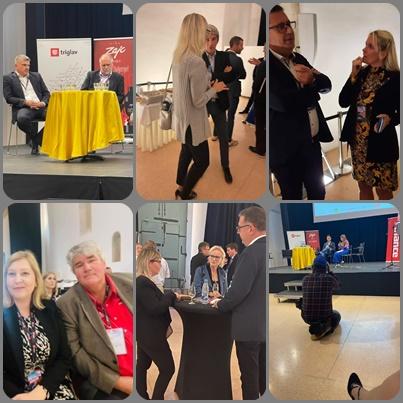
Tyasha conducted a comprehensive evaluation with Mitja Dujić, Manager of the Porto Koper passenger terminal, addressing previous animal transport welfare incidents and current protection protocols in place.
Mr. Dujić assured that the corrective measures align with EU animal transport directives and confirmed the port's advanced veterinary unit, which represents exceptional EU port standards for animal welfare protection during transportation.
Tyasha collaborated with Robert Rakar, CEO of the Chamber of Commerce and Industry of Primorska, discussing innovative approaches to wildlife protection.
Their dialogue focused on concrete technological solutions for preventing bird collisions with wind turbines, demonstrating practical applications of conservation technology for renewable energy infrastructure.
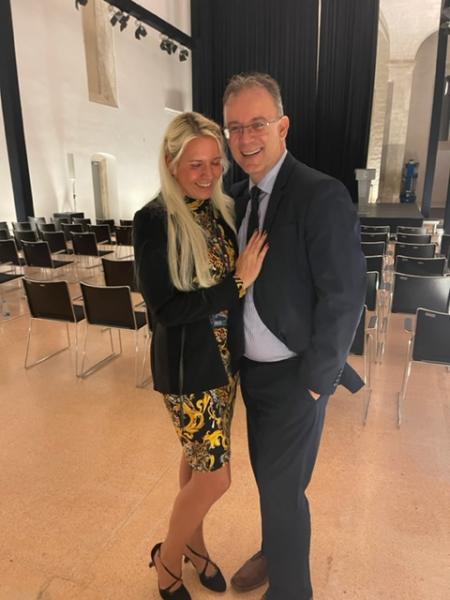
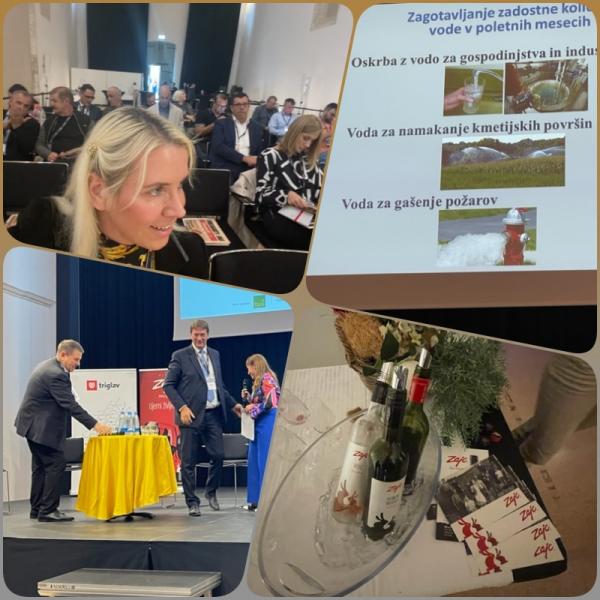
Conclusion
The Development Forum of Slovenian Istria provided a crucial platform for advancing regional environmental protection through systematic dialogue with key stakeholders. Tyasha Alion's strategic consultations established essential connections between water resource management, animal welfare, and wildlife conservation technology. The historic monastery setting reinforced the deep cultural foundations for environmental stewardship, connecting contemporary challenges with centuries of wisdom regarding harmonious relationships with nature.
The Development Forum of Slovenian Istria provided a crucial platform for advancing regional environmental protection through systematic dialogue with key stakeholders. Tyasha Alion's strategic consultations established essential connections between water resource management, animal welfare, and wildlife conservation technology. The historic monastery setting reinforced the deep cultural foundations for environmental stewardship, connecting contemporary challenges with centuries of wisdom regarding harmonious relationships with nature.
